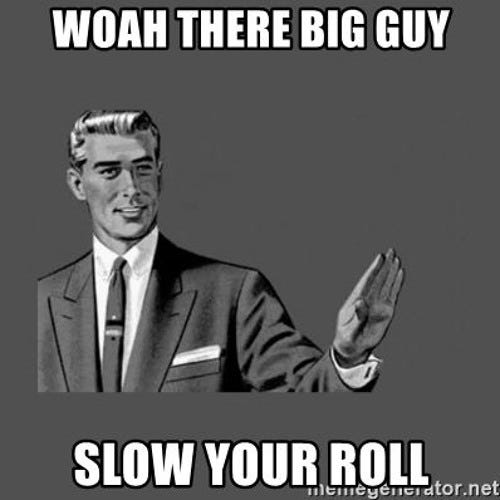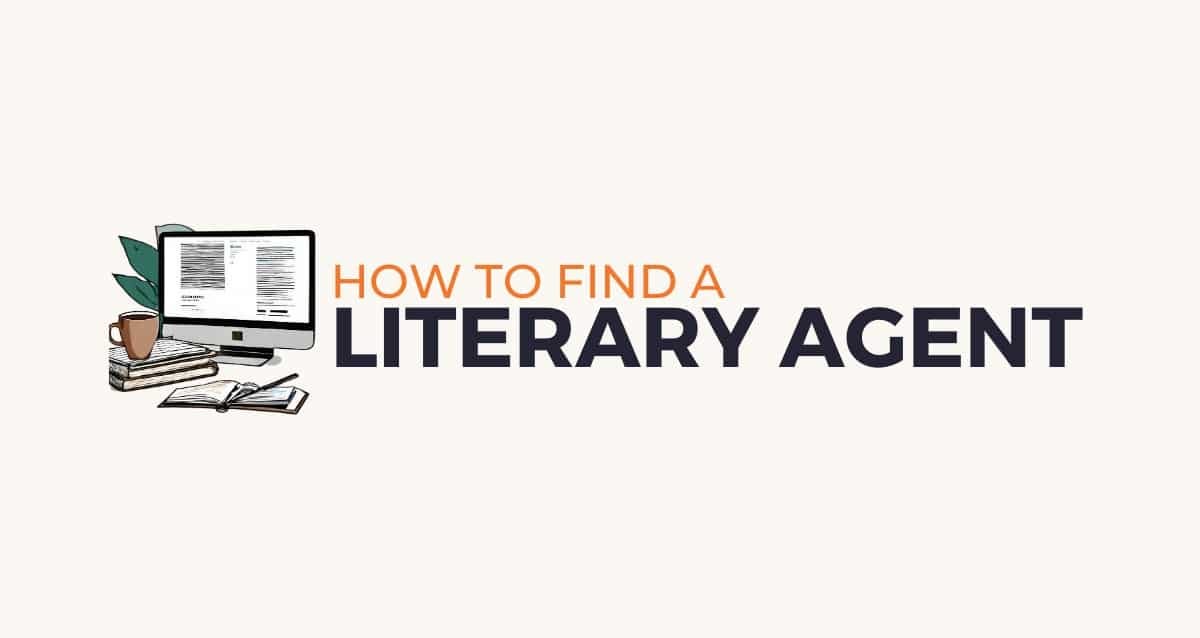How To Find A Literary Agent? Lesson #1: My Story & Why You Need to Slow Your Roll
This is the question I am most often asked by emerging writers. And there is no "golden key." But there is a key to unlock a path to success, and I'm here to show you how this summer. Join me.
On New Year’s Eve in 2004, I walked down the street of our St. Louis neighborhood holding 15 envelopes addressed to literary agents in New York City. I stood in front of the blue collection box at the end of the street, my mother on one side of me, my husband, Gary, on the other.
“Here goes nothing,” I said, opening the bin.
My mother grabbed my arm and stopped me before I dropped the envelopes inside.
“No,” she corrected. “Here goes everything.”
We went back to our tiny city bungalow, I opened a bottle of champagne, and made a cheers to the new year and my future …
What?
Future success? Future rejection? Future of limbo, having completed and nearly killed myself writing a book that no one wanted to read?
I felt giddy and deflated, excited and nervous, all at the same time.
I had spent the last three years of my life, waking at 4 a.m. most mornings, to write my first book. And now?
Who knew?
It was all up to fate.
But it wasn’t.
That’s my first lesson today. Securing a literary agent has nothing to do with fate. It has everything to do with preparation, professionalism and patience.
Let’s jump in our time machine first, shall we?
I sent my query letters in the day just before the onslaught of email, when it was preferable to mail query letters to agents. (Remember envelopes?) You also had to include a SASE. As I liked to tell anyone who listened: “I guess I’m paying for my own rejection.”
But this was — and remains — the only way to secure an agent, unless you have crazy connections. I had none. Most of us don’t. I was born and raised in the Ozarks. I was a Midwestern kid from a small town.
However, if there was anything I knew, it was hard work and how to study. I learned from my working poor grandparents that sometimes you just needed to keep your head down and keep plowing ahead no matter what life threw at you.
I had always been a good student. I knew how to study. So I became a student of the game. I got my own Ph. D. in publishing world BEFORE I ever sent my first letters, throwing myself headfirst into how to write the best query letter possible, how (and where) to secure the best agents, and how to be a professional in one of the toughest industries to crack.
The first thing you have to do is this: SLOW YOUR ROLL.
Your natural instinct will be this: I just finished my book after (1, 3, 6, 10 years), and I think it’s damn good, and I’m not getting any younger, and my book deserves to be published SO YOU BETTER RESPECT ME, TAKE ME ON AS A CLIENT AND PUBLISH MY BOOK OR YOU’RE A COMPLETE IDIOT!
NOOOOOWWWWW!!!
Believe me, I get it.
If you jump into sending your book out to random editors at publishing houses (they will NOT read it unless they’ve requested it, and it WILL go into the trash!) BEFORE you do your due diligence, the chances are you will be among the 99.9 percent of those who are rejected.
Just! Slow! Down! For! A! Hot! Second!
Why? Your query letter likely won’t be perfect. It won’t be targeted personally to each agent. It will contain a typo. The summary of your book will be lacking. You will make yourself, the author, boring or uninteresting. You will pitch the wrong agents. You will follow up with them before they respond. You will, essentially, be digging your own grave BEFORE anyone has had the chance to read your (potentially) wonderful work.
This is the truth: You can write the best book in the world, but you also have to write the best query letter in the world. You can blow it by being sloppy, rushing, unprofessional. So, again, slow your roll, take a deep breath and become a student of the game. Throw yourself into studying what works as if it were your doctoral thesis.
Let’s start with the basics today:
What is a query letter?
A query letter is a one-page letter (email) that an author sends to a literary agent to get them excited about your book. It has one purpose, and one purpose only: To seduce an agent into reading or requesting your work.
More on this later, but most agents only want a query and a few pages of your manuscript (they will tell you how much to send, and I’ll do a full post on this shortly). So your query letter is the equivalent of you walking into an interview for your dream job: YOU ONLY GET ONE CHANCE!
My next lesson will focus on HOW TO WRITE A QUERY, paragraph by paragraph, with concrete examples.
I know this can be gut-wrenching process, but it can also be a life-changing one, too. I’m here to lead you through it.
Again, over the course of the summer, I am going to do a multi-part Substack workshop on how to acquire a literary agent. We will focus on:
-Writing a great query letter (with concrete examples)
-How to find the right (and reputable) agent
-Being professional in your approach to agents
-What a literary agent does and what they mean for your career
-Plus so much more!
This advice is a foundational part of the writing workshops I’ve held over the years that have led to multiple writers securing an agent and being published by major publishers. It continues to this day.
These initial lessons are free, but I will not be giving all this advice away for free. If you are interested in securing an agent, you will need to subscribe to my page, UNLEARNING FEAR, to get my step-by-step tips. This is advice that will be evergreen, no matter what stage you are in your manuscript and emerging writing career.
Here is the end of my story to demonstrate the need to be patient, professional and a student of the game: After mailing those 15 query letters to my “first tier” of lit agents, my phone began to ring, and my email began to bing. Within two weeks of mailing those letters, I received seven offers from those 15 agents to read my full manuscript. From those seven, I received three formal offers of representation: One from one of the largest agencies in the U.S. representing mammoth authors; the second from a mid-sized agency representing authors famous in the genre I was seeking to be published; the third was from a boutique agency focused on the longterm career of the authors it represented. When I had a chance to speak to the agents, one — from the boutique agency — cried when she discussed how my manuscript had touched her. She listened to how I saw my future unfolding. She thanked me for my professionalism. Guess who I chose? And I’m still with her to this day, from memoir to fiction and ‘round again.
Until my next lesson, take a deep breath … and …
“Here goes everything.”
XOXO!






I'm in my 60's, recently retired from first horticulture and then teaching, and I haven't really seriously planned on becoming an author. (I'm just too busy finally being able to read lots of books!) But you make it seem so doable. I am so impressed with your willingness to share your wonderful expertise as well as being so down to earth. Thank you, Wade. You're a gift in so many ways!
I love reading about your journey as much as the golden advice you’re giving on how to get our foot in the door! With all the information out there, it’s important that who I listen to about the how and why is someone I trust to lay it all out honestly and succinctly otherwise I get lost in the words and my brain can’t translate what your telling me! It’s hard work to write a book and all that follows! Even harder when you have auditory learning difficulties! I’ll stick with you Wade! I believe your story. I believe you are giving us sound advice on how the process works. I believe what I say and do to represent myself matters. And I believe you are the person who can help lead me through…